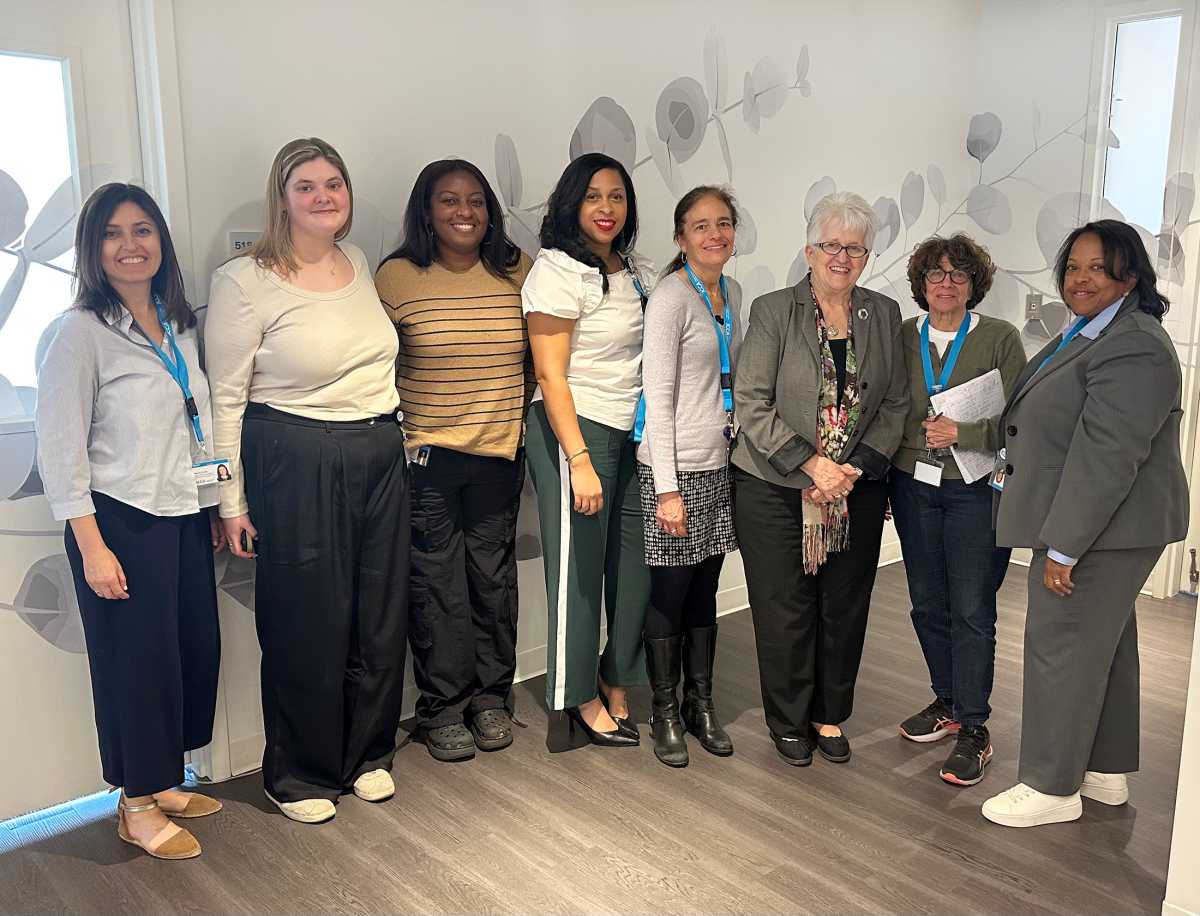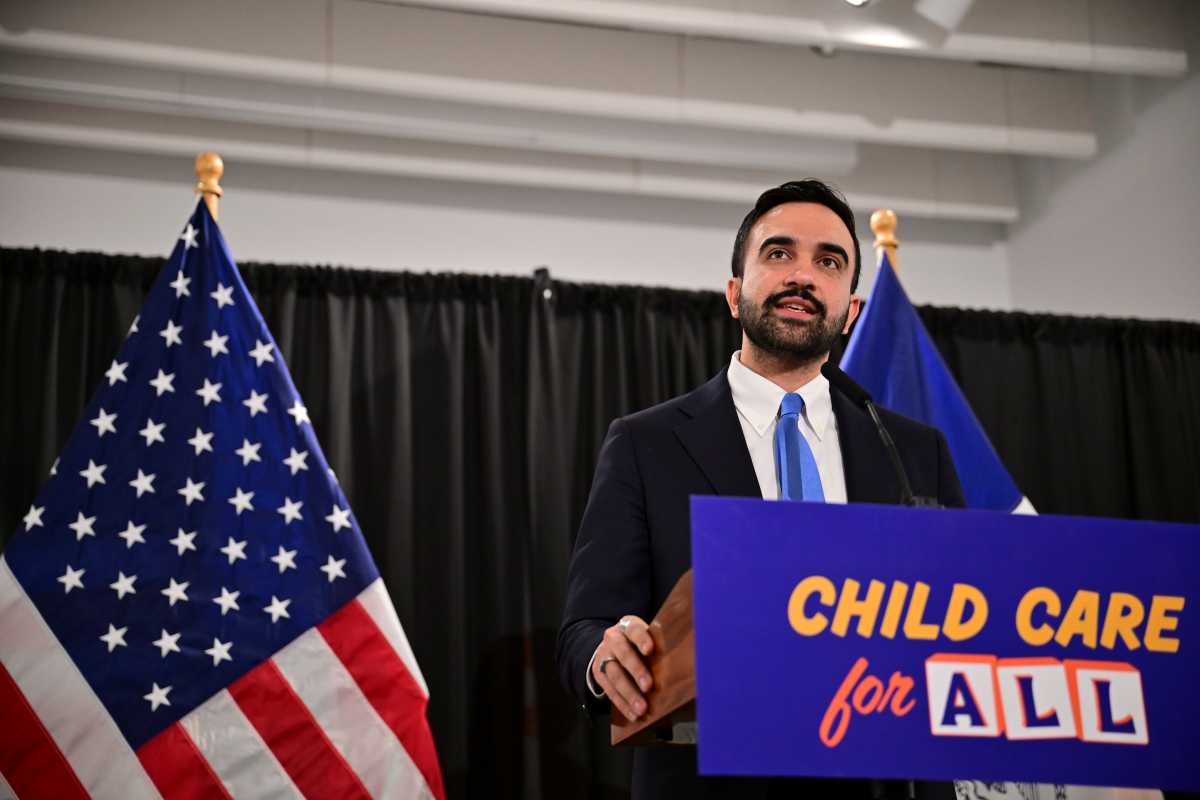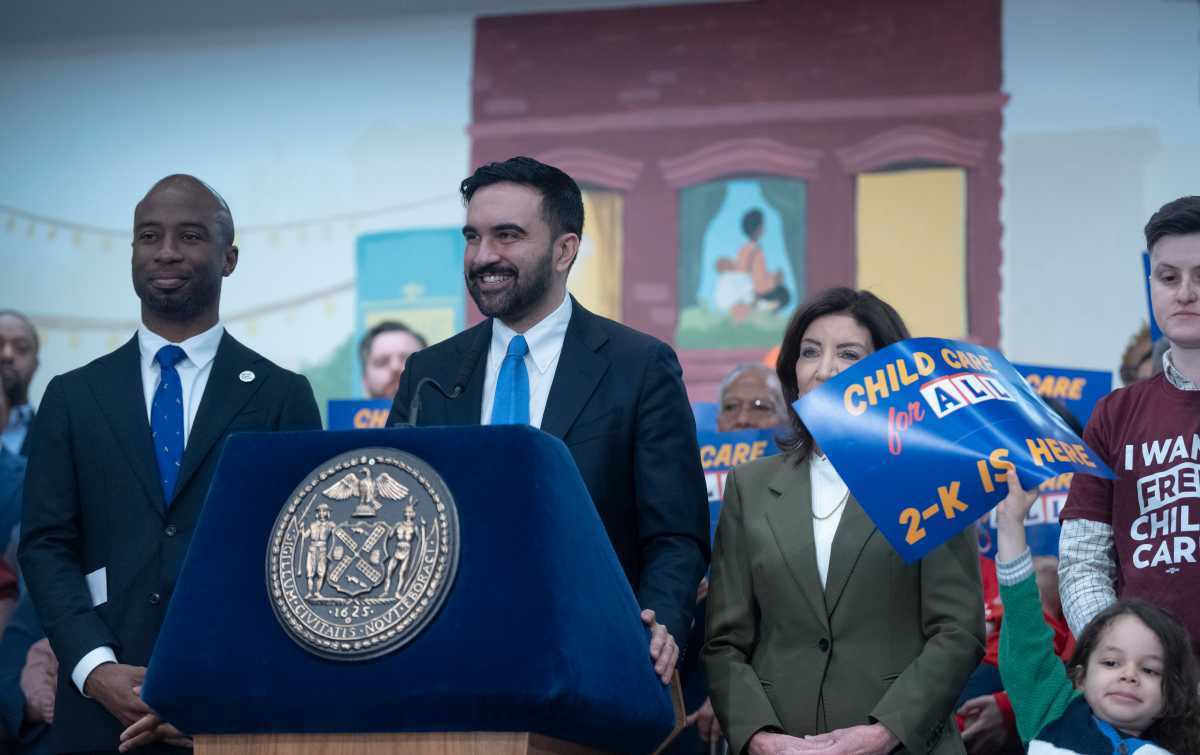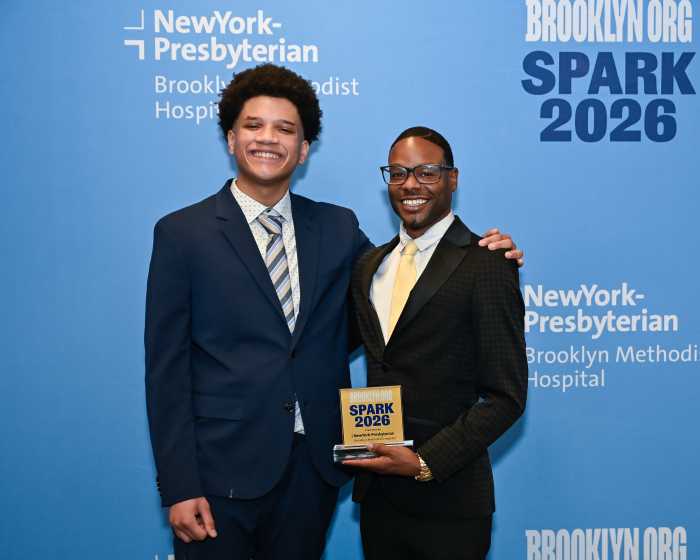May is Mental Health Awareness Month.
Since the COVID-19 pandemic, New York has seen a sharp rise in young people reporting mental health issues. According to a 2024 report from the city Department of Health and Mental Hygiene, 48% of teenagers experience a mental health disorder.
To address the youth mental health crisis, Gov. Kathy Hochul on May 7 announced $4.5 million in funding for children’s mental health services. The investment will add 10 new Youth Assertive Community Treatment (ACT) teams to the existing 20 Youth ACT teams serving 27 counties.
New York was the first state in the nation to adopt the Youth ACT program, which is designed to help young people ages 10 to 21 experiencing a mental health crisis stay out of hospitals. Youth ACT provides a holistic approach to mental health care, offering intensive, highly coordinated, individualized services and therapeutic interventions aimed at keeping children in their homes, schools and communities.
JCCA -formerly known as Jewish Child Care Association- a child welfare organization in New York City, launched its first Youth ACT team in Brooklyn two years ago. It is now one of the recipients of $450,000 in one-time start-up funding to establish a second Youth ACT team in the Bronx.
JCCA’s team includes a psychiatric nurse practitioner, a family peer support specialist, licensed mental health professionals, an educational support specialist, a clinical support specialist, a program assistant and a team leader. The team provides 24/7 support to clients facing significant functional impairments and severe symptoms stemming from mental illness or serious emotional disturbance.
In a phone interview with Brooklyn Paper, Abby Jeffrey, assistant vice president for JCCA’s City Programs, said treating clients is a team effort — a psychiatric nurse practitioner manages medication, a case manager helps clients and their families access benefits and communicates with school guidance counselors and social workers, and a family peer advocate supports the family directly.
“The clients do not see just one person; they get the support of a multidisciplinary team,” said Jeffrey, who reported that kids as young as eight years old have suicidal ideation. “It’s a really comprehensive approach to working with the youth.”
Jeffrey said treating clients in familiar surroundings helps prevent the trauma that hospitalization can cause.
“We’re providing services so frequently, and in the home — we’re seeing a lot of our kids twice a week — it’s a lot of support they didn’t used to have,” Jeffrey said.
While JCCA doesn’t offer individual therapy for parents, the Youth ACT program does provide family counseling.
“We have worked with youth and the parent to try to improve the communication and dynamics in the family because sometimes we’re finding it’s the parent’s communication style or issues with a parent that are affecting the child’s behavior,” Jeffrey said. “We can’t address the child’s behavior without also working with the parent.”
Early mental health intervention is critical, and programs like Youth ACT aim to equip young people with the tools for a more productive future.
“It’s not like 100% success for everything, but overall, it’s working to help kids stabilize and stay in the community with their families,” Jeffrey said. “If they can be healthier now, they’ll be healthier adults, which is less stress on the prison and justice systems, and they can become higher functioning adults.”
Jeffrey said clients have become more stable and are doing significantly better since starting the program. Those who have graduated have transitioned to lower levels of care or enrolled in traditional mental health programs.
“We have one [client] in particular who’s still with us, who used to have a lot of suicidal suicide attempts and ideation, and she hasn’t been in the hospital for over a year,” Jeffrey said.

Catherine Almarales, the grandmother of one of JCCA’s clients, said the Youth ACT team saved her granddaughter’s life. After the COVID-19 pandemic, her granddaughter’s mental health declined, leading to repeated hospitalizations, suicidal thoughts and violent outbursts.
“It’s like a 360 for me and for [my granddaughter]. I could not have done this without them,” Almarales said. “It’s like a team — everybody knows what’s going on with her.”
Almarales praised the program for its comprehensive support — including therapy, advocacy and assistance — and said she, too, has benefited from the services.
JCCA educated her about mental illness and gave her tools to recognize and avoid situations that could trigger a mental health crisis for her granddaughter, who she described as very sensitive.
“I benefited a lot because I didn’t know about mental health. The first time she had [a mental crisis] was really difficult. I didn’t know how to handle it. [JCAA] helped me learn how to deal with it,” said Almarales, who is her granddaughter’s sole caretaker 24/7. “I’m a little calmer. I’m not frantic. It’s more peace of mind for me now. I would talk with them, and they would tell me exactly the signs to look out for.”
Almarales said she appreciates that the ACT team helps make her life easier by taking her granddaughter out for walks or to the store.
“I can call on these girls anytime, and I know they will be there,” she said. “Everybody’s looking out for her best interest; they make her feel special. [My granddaughter] doesn’t deserve this life. She didn’t ask for this.”
Almarales said she wishes more people showed compassion and empathy toward those with mental health challenges.
“We need people who understand because, if you are not going through it, you will never know.”























